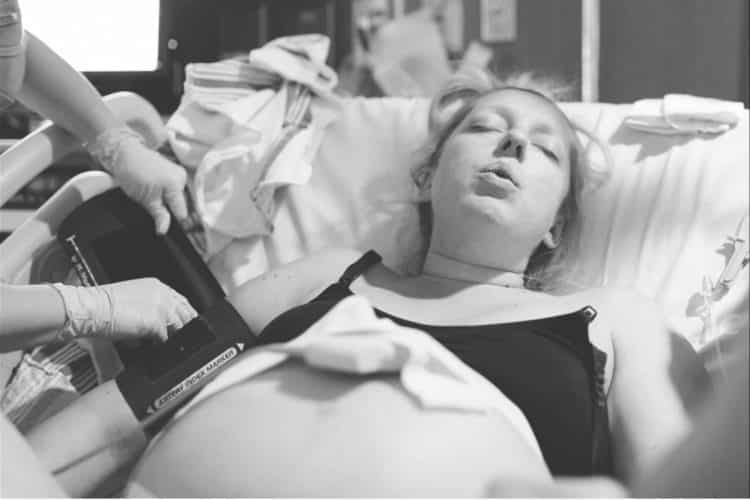Some mothers out there have maybe already had a caesarean section, either planned or during labour. Doctors may have different reasons to take this decision to prevent serious risks. That said, not all childbirths with complications will automatically end with a caesarean section.
In this article:
- What is a VBAC?
- Why try a VBAC?
- VBAC Success Rates
- How can you soothe pain during a VBAC?
If we look at historical medical practices, a woman who had a caesarean had to resign herself to having one for all subsequent births. But times have changed! Today, with new advanced medical and surgical technologies and practices, it is possible to attempt a vaginal delivery after a caesarean. Many parents want to try. In many situations, health professionals promote vaginal birth after caesarean (VBAC), sometimes called a trial of labour after caesarean (TLAC). However, like with all vaginal births, success is not guaranteed.
From the outset, you can also choose to have another C-section, given the advantages of planning your delivery, such as: avoiding labor, reducing the fear of childbirth, facilitating organization and logistics, reducing trauma to the pelvic floor, and finally, avoiding a C-section during labor.
According to Canadian statistics, 25-28% of deliveries are by Caesarean section, and one-third of these are planned in advance (elective). If planned, the C-section will probably be at around 39 weeks’ gestation, and you’ll know the date in advance.
However, to make the best choice possible, I want to talk about vaginal births after caesarean.
What is a VBAC?
A VBAC is a vaginal birth after caesarean, which is a lot shorter to say!
VBAC success rates are very high, around 75%. So about three out of four women can give birth vaginally or naturally rather than having another caesarean.
A woman that had a caesarean has to live with a scar on her uterus. From this point, the tissues are weaker and less resistant than healthy ones. A future pregnancy will lead to progressive distension of the uterus muscle, which is at higher risk of rupture (less than 1% in North America). This is why precautions are taken to prevent complications like this one.
To learn about the reasons to try a VBAC, go to Why try a VBAC?
Updated article : June, 2024.


